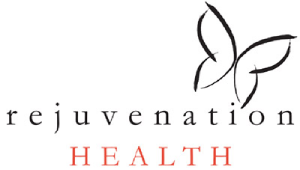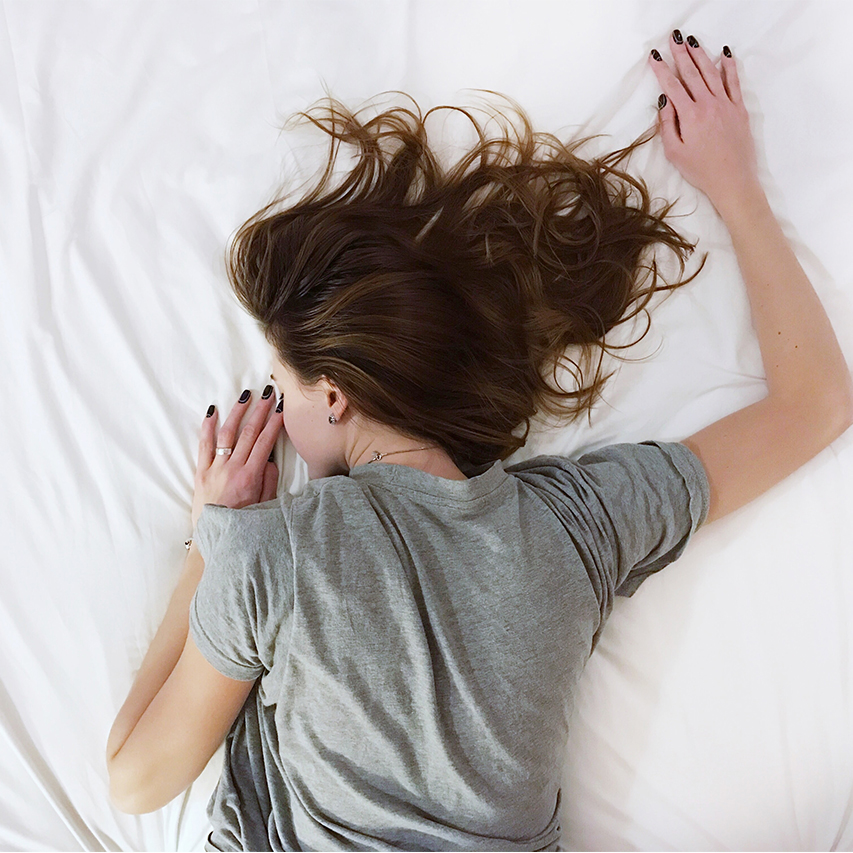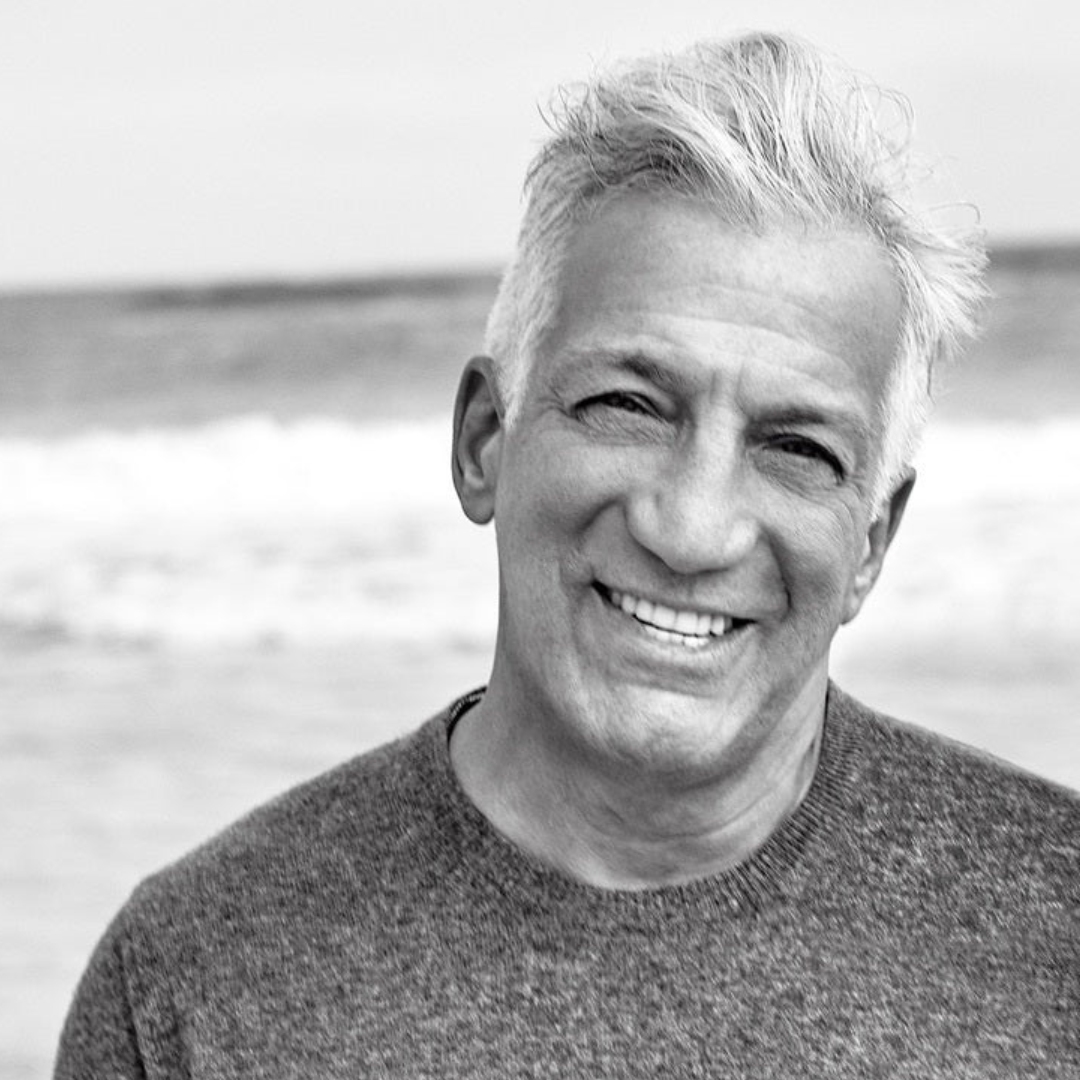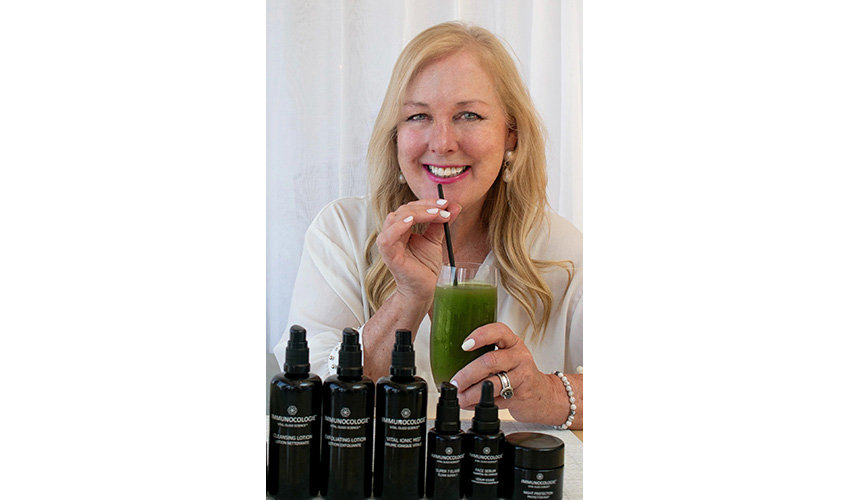Teeth grinding is a condition in which you clench your teeth together with your jaw muscles for various reasons. Grinding your teeth leads to dental problems, facial pain, headaches, and other symptoms.
About 16% of adults suffer from nighttime teeth grinding, though I expect there are millions of undiagnosed grinders.
You can stop teeth grinding by treating the root cause of your teeth grinding. The two main root causes are sleep apnea and chronic stress.
There are two types of teeth grinding (bruxism) which point to different root causes:
- Nighttime grinding/sleep bruxism — Sleep bruxism is frequently caused by sleep-disordered breathing, like sleep apnea or another sleep disorder (i.e., UARS). When you stop breathing because your airway is obstructed while asleep, your brain signals your teeth to grind in order to wake you up enough to restart breathing.
- Daytime grinding/awake bruxism — Awake bruxism is often stress-related. Jaw clenching is common in people who go through chronic stress and anxiety.
How do I stop grinding my teeth in my sleep? You can stop grinding your teeth in your sleep by treating the root cause, which is likely sleep apnea or another airway obstruction. Treatments for sleep apnea include oral appliances, CPAP therapy, and other less conventional methods.
In this article, I focus on how to stop grinding in your sleep. You will learn about the causes, treatments, and long-term complications of nighttime grinding.
Why do you grind your teeth at night?
You probably grind your teeth at night because it’s your brain’s way of waking you up just enough to start breathing again when you’ve stopped.
There are a number of causes for nighttime grinding. You need to identify the root cause before you know which treatment to proceed with.
Why do people grind their teeth at night? The common causes for nighttime teeth grinding are:
- Sleep apnea (obstructive sleep apnea and central sleep apnea)
- Upper airway resistance syndrome (UARS)
- Crooked teeth
- Alcohol or tobacco use (these may double the risk of bruxism)
- Hyperactivity
- Acid reflux
- Parasites (sometimes called “digestive parasites”)
- Vitamin or mineral deficiencies
- Certain medications (such as antidepressants, anti-anxiety meds, and antipsychotics)
- Chronic stress or anxiety
- Genetics
Note: Daytime grinding has completely different root causes (most common: chronic stress) and different treatment options (most common: relaxation techniques). Treatments for teeth grinding during the day may not work for nighttime grinding.
Another note: Up to 40% of children grind their teeth every week. Some experts estimate up to half of the children diagnosed with and treated for ADHD may actually suffer from sleep apnea and nighttime grinding of the child’s teeth.
What vitamin deficiency causes teeth grinding? Some experts believe vitamin B5 deficiency may lead to teeth grinding. Other deficiencies that could cause bruxism include calcium and magnesium deficiency. In a few cases, supplementing these nutrients may improve bruxism.
1. DNA Appliance
The DNA (“daytime nighttime appliance”) is the best way to treat bruxism in your sleep by correcting the root cause of sleep-disordered breathing.
Also called “DNA oral appliance”, this FDA-regulated treatment option safely, gradually, and painlessly “stretches” the arches of your teeth, without the use of any artificial pharmaceuticals or invasive procedures.
This DNA appliance allows more room for your tongue to occupy in the mouth. That way, the tongue doesn’t block your airway. The tongue blocking your airway space is a major root cause of sleep apnea, which in turn causes sleep bruxism.
Research shows that the DNA appliance may be an effective treatment for teeth grinding due to sleep apnea.
My patients also say that the aesthetics of their smiles improve after using the DNA appliance!
2. Night Guard
The American Dental Association (ADA) suggests the use of night guards to defend your teeth from damage due to bruxism.
A night guard is a thin plastic device custom-shaped to fit on your upper or lower teeth. This means when you grind at night, you’re grinding against the plastic instead of your teeth, preventing tooth damage.
A mouthguard may refer to a nightguard in some cases. But mouthguards are, more generally speaking, any device that you put in your mouth to prevent grinding.
If your teeth grinding is due to sleep apnea, night guards can lead to side effects that may worsen symptoms of sleep apnea, since you’re not addressing the root cause. I do not recommend the long-term use of night guards for bruxism for this reason.
Only use night guards as a temporary measure if you know that the root cause of your sleep bruxism is an orthodontic issue, like crooked teeth, and not sleep apnea.
3. Oral Splint
An oral (occlusal) splint may help manage symptoms of nighttime grinding.
This type of mouthguard cushions the teeth, preventing them from grinding at night. This can also prevent tooth damage and jaw pain due to teeth grinding.
You may purchase an oral splint over-the-counter or have one custom-made and custom-fitted to your teeth/jaw. Custom oral splints are more expensive because they are properly fitted and last much longer than cheap over-the-counter splints.
I do not personally recommend oral splints and mouthguards for nighttime teeth clenching. This is a classic case of treating the symptoms, not the cause.
All you’re doing is taking away one of your brain’s abilities to wake you up at night when you’ve stopped breathing. Do yourself a favor, and treat the root cause of your sleep bruxism instead.
4. Other Oral Appliances (MAD, TRD, etc.)
Other oral appliances can manage symptoms of sleep apnea, such as bruxism. These devices do not treat the underlying cause of sleep apnea but instead reposition the airway for easier breathing.
The common types of oral appliances are:
- Mandibular Advancement Devices (MAD)
- Tongue Retaining Devices (TRD)
- Mandibular Advancement Splints (MAS)
- Mandibular Repositioning Appliances (MRA)
- Mandibular Repositioning Nighttime Appliance (mRNA)
Some of these oral appliances may trigger a sore jaw or worsen temporomandibular disorders. They can help
5. CPAP/APAP/BiPAP Therapy
These breathing therapies are often prescribed for bruxism due to obstructive sleep apnea. However, they address symptoms, not the root cause.
- CPAP stands for “continuous positive airway pressure”
- APAP stands for “automatic positive airway pressure”
- BiPAP stands for “bilevel positive airway pressure”
CPAP, APAP, or BiPAP therapy is the first line treatment for sleep apnea, which is often the underlying cause of sleep bruxism. These breathing masks are typically the go-to therapies conventional doctors recommend.
I would not suggest CPAP/APAP/BiPAP therapies as a lifetime solution for sleep apnea and the nighttime grinding it causes. The masks are uncomfortable and could even weaken the muscles of the throat with long-term use.
Moreover, these breathing machines do not address the root cause of sleep apnea — namely, that your tongue is too big for your oral cavity.
This is why I suggest the DNA appliance instead. The DNA safely and painlessly “stretches” the arches of your teeth, which allows more room for your tongue to occupy. This is often a cure for obstructive sleep apnea, which may reduce or eliminate teeth grinding.
6. Mouth Taping
Mouth taping is the habit of using specialty tape to encourage (not force) nasal breathing through the night. Encouraging nasal breathing may help with apnea and any grinding due to apnea.
This newer treatment method for sleep apnea and bruxism helps you to breathe through your nose instead of through your mouth. You may mouth tape during the day or at night, but most people mouth tape at night.
Nasal breathing possesses evidence-based health benefits:
- Increased nitric oxide levels, which leads to good heart health
- Helps prevent dry mouth, which leads to poor dental health
- Filters air before it enters your lungs, unlike the mouth
Mouth tape does not stop you from mouth breathing. Instead, it encourages nasal breathing. This may be helpful for apnea breathing and therefore teeth grinding.
7. Reductive Coronoplasty
Reductive coronoplasty is a dental procedure which can reshape your biting surfaces by safely removing material from the crowns of your teeth.
If your nighttime grinding is caused by crooked teeth, discuss reductive coronoplasty with your dentist.
In some cases, additive coronoplasty may be scheduled to reshape your biting surfaces by adding material to your teeth.
8. Biofeedback
Biofeedback helps people become aware of a certain behavior, so they can better more easily eliminate it.
This may help resolve nighttime grinding. During biofeedback, a qualified biofeedback therapist teaches you how to control your jaw through varied, painless feedback.
Biofeedback to stop grinding teeth in sleep naturally hasn’t been extensively studied.
A 2018 scientific review revealed that there may be short-term health benefits associated with biofeedback combined with electrical stimulation.
More research is needed before biofeedback is used as a reliable treatment for sleep apnea and therefore nighttime teeth grinding. I would only recommend biofeedback as a part of a robust set of treatment options for bruxism/apnea.
9. Acupuncture/Acupressure
Practiced for thousands of years, acupuncture refers to the strategic placement of dry needles into specific points on your body. Acupressure uses the same principle, but using the application of pressure, rather than acupuncture needles.
Acupuncture and acupressure for teeth grinding are meant to stimulate the sensory fibers of your peripheral nervous system. This results in positive changes in the central nervous system, such as:
- Cortisol increase
- Endorphins increase
- Dopamine increase
- Noradrenaline increase
- Serotonin increase
- General wellness
10. Dental Procedures
Teeth grinding can cause damage to your teeth and to your dental restorations. Orthodontic treatments can restore the look of your damaged teeth and help prevent tooth decay from getting in those cracks and reaching the nerves inside your teeth.
Less commonly, misaligned teeth may contribute to bruxism. This might be corrected by braces or other orthodontic treatment (like Invisalign).
Chronic bruxism can result in chipped, broken, cracked, or worn down teeth. Rejuvenation Dentistry’s cosmetic dental procedures (particularly, veneers) help to reverse the damage associated with teeth grinding.
These procedures may not cure your teeth grinding, but they may manage bruxism symptoms, prevent some long-term complications, and improve your confidence in the meantime.
How to Relieve Pain from Teeth Grinding
Common ways to relieve pain from teeth grinding include:
- Botox injections (often injected directly into the masseter)
- Muscle relaxants
- Acupuncture/acupressure
- Applying ice or wet heat to your jaw
- Targeted TMJ/jaw exercises/massage
Botox and muscle relaxant medications are more controversial than other options for bruxism pain relief. Discuss all pain relief options with your local dentist or another dental health professional who is qualified to offer medical advice.
How can I relax my jaw to stop grinding my teeth? You can relax your jaw after teeth grinding with facial muscle exercises — saying “N” out loud, or opening your mouth wide and touching your tongue to the front of your bottom teeth. Relaxing your jaw before bed may help reduce bruxism.
Complications of Teeth Grinding
The long-term complications of untreated or severe cases of teeth grinding include:
- Tooth damage
- Loose teeth
- Premature loss of tooth enamel
- Gum inflammation
- Irreversible gum recession
- Headaches, migraines
- Earaches
- Persistent jaw soreness
- Temporomandibular joint (TMJ) syndrome (TMD)
Below are medical conditions associated with teeth grinding. We don’t yet know if they are a potential cause or a symptom of bruxism.
- Gastroesophageal reflux disease (GERD)
- Depression
- Kidney disease
- Behavioral problems in children (most commonly, ADHD)
When to Seek Help
If you experience any symptoms of bruxism (headaches, jaw pain, etc.), it’s time to seek help. Most of the time, your grinding will only get worse without assessment or treatment.
Sleep bruxism should be addressed by a dental professional if sleep apnea is the root cause. Adjusting the arches of your teeth with the DNA appliance is the best way to treat bruxism while sleeping for most people.
Click here right now so you can set up your appointment with us. At Rejuvenation Dentistry, our patients feel empowered to sit in the driver’s seat concerning their overall health, especially nighttime grinding and sleep apnea.




